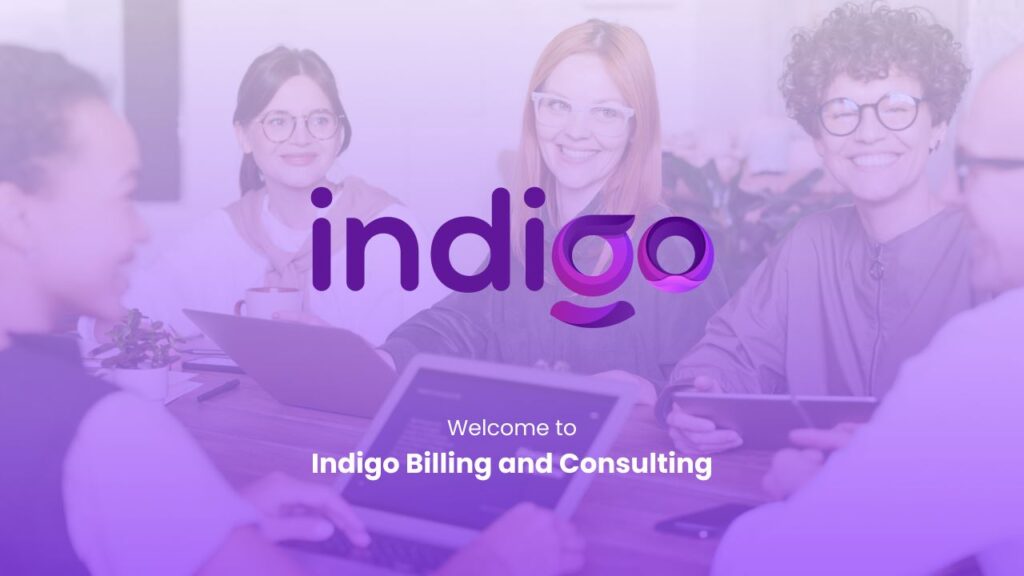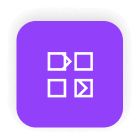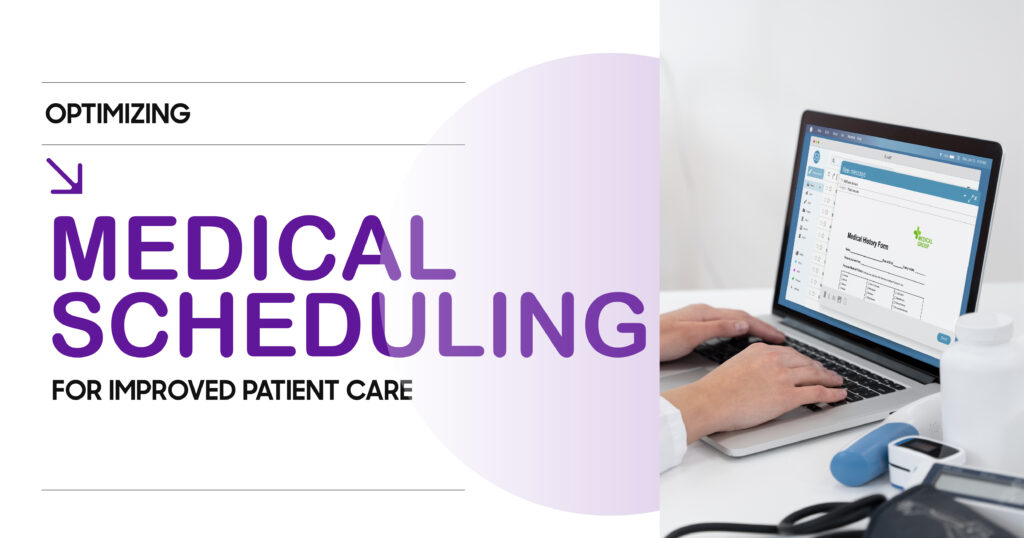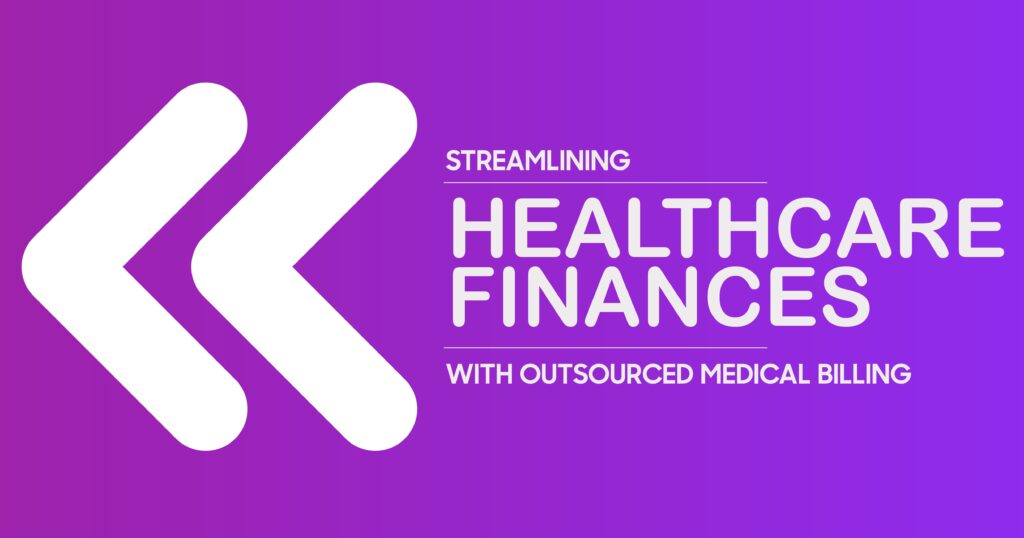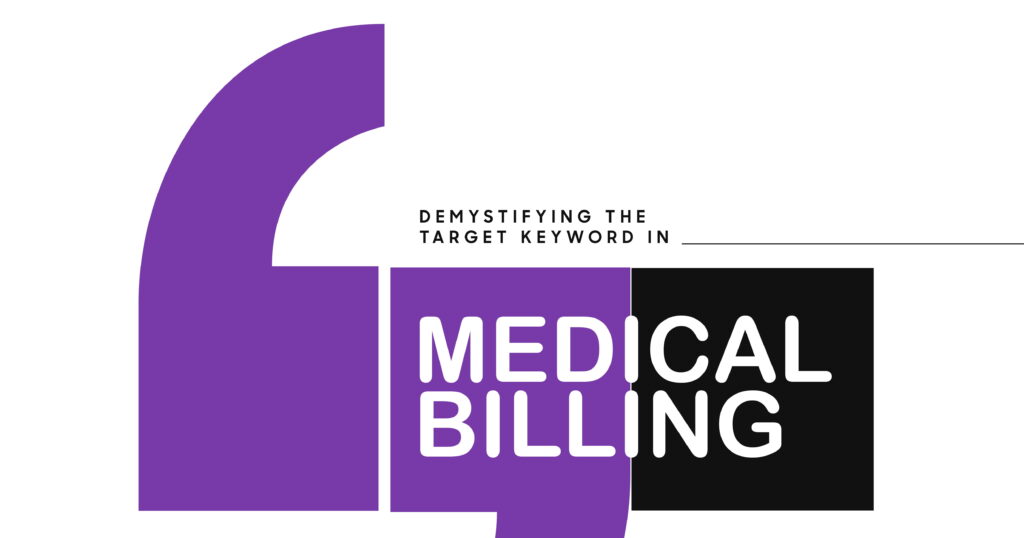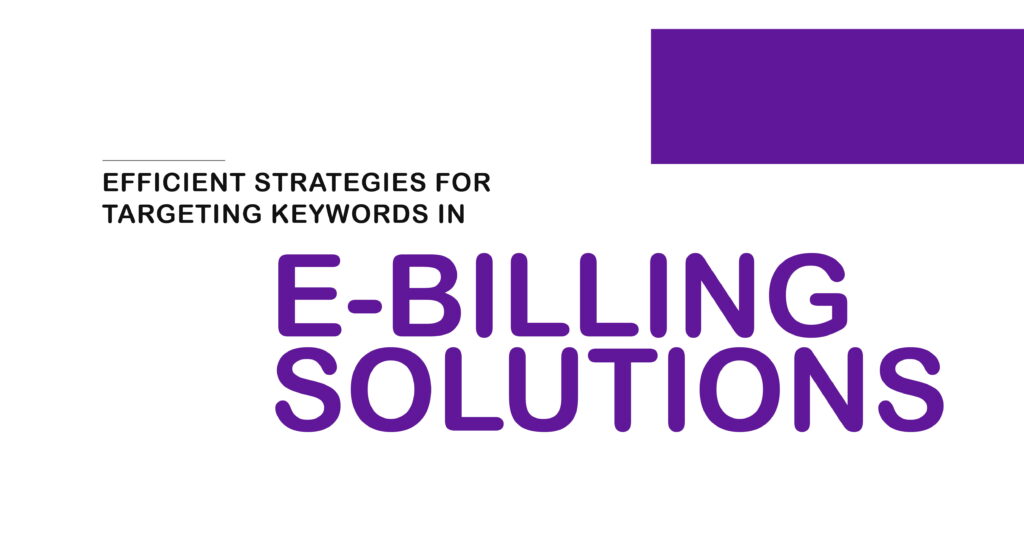The 2023 MGMA report finds that nearly 30% of clinics and hospitals may lose revenue because their schedules are not efficient, leading to missed appointments and unused time slots. It now takes many Americans, 31 days on average, to schedule an appointment with a new doctor, and that number is rising in urban areas.
Since many healthcare consumers want easy online options, healthcare providers must transition away from paper-based scheduling and phone-only booking systems. Whatever the size of your practice, using digital tools for bookings, reminders, and scheduling does wonders for providing quality care, increasing patient satisfaction, and preventing missed appointments.
In this blog, we will examine how making your medical scheduling process better benefits both your clinic and the relationships between patients and providers. Find out how your practice can be more efficient, choosing solutions that always focus on what is best for the patient.
Optimizing Medical Scheduling for Improved Patient Care
A good medical scheduling system helps improve results for patients, streamlines operations, and boosts the happiness of patients. When healthcare providers organize and manage appointments well, delays are lowered, there are fewer scheduling conflicts, and everyone experiences lighter days.
Appointment booking and patient scheduling now require greater accuracy than they did before. People visiting health facilities expect to operate with ease and have both flexible and quick encounters with their doctors. Meanwhile, providers must use good clinic management to address high numbers of patients, the availability of their staff, and different types of services. Utilizing modern tools, such as doctor appointment software and integrated healthcare calendars, can make a significant difference.
Based on the Annals of Family Medicine study, when patients are reminded promptly by text or email, 38% fewer fail to show up for their visits. Also, using AI for scheduling at hospitals means patients are correctly linked with available staff according to what is urgent and how the staff’s schedule is arranged.
When you improve the medical appointment process, you help your front-desk staff, make care more accessible, raise your patients’ trust, and keep your clinic running smoothly.
Common Challenges in Medical Scheduling
While technology in healthcare has improved, medical providers still find scheduling patients and appointments to be a tough task. Small inefficiencies that happen, like at the last-minute cancellations or busier calendars, may lead to delays, poor communication, and leave both patients and staff unhappy. Knowing about these problems helps us design a better and more patient-friendly appointment system.

The following are the most typical issues in setting appointments:
- Numerous missed appointments are ruining daily operation schedules and impacting the company’s earnings.
- Delays and poor satisfaction from patients occur when doctors double-book their time.
- Not managing provider schedules well is leading to staff fatigue and unbalanced patient attendance.
- The problem with not having live data results in people scheduling things incorrectly and missing out on opportunities.
- The challenge of aligning the schedules of people working in different facilities and departments
- Because online appointment making is restricted, patients are experiencing stress, and the burden falls on the office staff.
- Old or unreliable internal procedures for scheduling can result in confusion and problems getting work done
- Because EHRs are not well integrated, records may be incomplete or inaccurate due to poor EHR integration.
- At the last minute, people cancel their appointments and don’t have a convenient way to reschedule.
- Low use of patient reminders is one reason why patients miss their appointments
The Role of Technology in Streamlining Medical Appointments
Using technology, medical appointments are now simpler for everyone, and clinics can manage care more efficiently. With self-scheduling, cutting errors, and instant access to schedules, modern software improves how things are run and the happiness of patients. Because of doctor appointment software, EHR connections, and patient portals, patients and staff can easily keep in touch and make accurate appointments quickly. Automated tools like AI and machine learning help manage appointments, guess who will not show up, and set the right time slots for success.
Best Practices for Medical Scheduling to Enhance Patient Satisfaction
The efficient use of medical scheduling improves how the clinic works and also adds to patient satisfaction. Strong management of appointments allows patients to receive quicker service, get the attention they want, and be more comfortable overall, which supports positive relationships with their care providers. Following tested scheduling strategies allows healthcare facilities to operate well and satisfy their patients’ needs and expectations.
Implementing the following practices can significantly enhance medical scheduling:
- Reasoning cases and appointments based on the patient’s medical needs.
- Ensuring that clients can choose times on both evenings and during the weekend.
- Sending reminders automatically can help cut back on people not being there or cancelling last minute.
- Adding extra time between appointments because you never know when there will be delays.
- Offering online self-scheduling advantages for patients.
- Training staff to manage the scheduling process efficiently and courteously.
- Looking at scheduling policies and making changes after receiving input and seeing how they perform.
- Joining scheduling programs with EHRs for better control and accuracy.
Data Security and Privacy Considerations in Medical Scheduling
Since medical information is now stored digitally, scheduling applications must be secure, not just efficient. As information such as patient contact details and medical records is accessed frequently, it is necessary to keep this data safe so that we comply with rules such as HIPAA and earn our patients’ trust. Because data breaches can bring heavy legal and financial penalties, healthcare providers must guarantee that their scheduling is in line with data security laws.
Here’s a table outlining key data security and privacy considerations in medical scheduling:
| Consideration | Description |
| HIPAA Compliance | Ensures all scheduling systems adhere to federal regulations protecting PHI. |
| Data Encryption | Encrypts data both in transit and at rest to prevent unauthorized access. |
| Access Controls | Limit system access to authorized personnel only. |
| Audit Trails | Maintains records of who accessed or changed scheduling information. |
| Secure Communication | Uses encrypted channels for appointment reminders and patient communication. |
| Regular Software Updates | Protects against security vulnerabilities with up-to-date systems. |
| User Authentication Protocols | Implements strong login procedures (e.g., two-factor authentication). |
| Staff Training | Educates staff on handling patient data securely and recognizing phishing risks. |
Learn About Future Trends at Indigo Billing
Modern technology, artificial intelligence, and cloud-based methods are refashioning how providers schedule their work. Indigo Billing is implementing these technologies to make clinics and hospitals work simply by decreasing paperwork, adjusting how patients are managed, and boosting their earnings. We use advanced models, provide real-time notifications for appointments, and allow check-ins online, all to boost care quality and improve workflow.
Reach out to Indigo Billing now to find out how we can make your clinic’s scheduling and patient experience much better.

FAQs
What are the best strategies for optimizing appointment booking to improve clinic management?
Effective strategies include automated scheduling, real-time calendar updates, and timely patient reminders. Making workflows easy to understand and training staff play a big part in making the company work effectively.
How can doctor appointment software enhance the efficiency of patient scheduling in a busy hospital setting?
With a healthcare calendar, staff can easily spot openings and book appointments for providers appropriately. This means staff collaborate efficiently and patients don’t have to wait so long.
What role does a healthcare calendar play in streamlining medical appointments and reducing patient wait times?
With a healthcare calendar, staff can easily spot openings and book appointments for providers appropriately. It leads to less time without patients and better movement of patients all day.
How can patient reminders and communication tools improve patient satisfaction in medical appointments?
When patients get automated reminders, fewer miss their visits and are more prepared for them. Better patient engagement and trust are achieved through good communication tools, making the patient experience much better.
What are the key data security and privacy considerations in implementing hospital scheduling systems?
You should remember to follow HIPAA guidelines, ensure all your data is encrypted, control access, and conduct regular security reviews. They are designed to keep private patient data secure and make sure the business follows all the rules.
